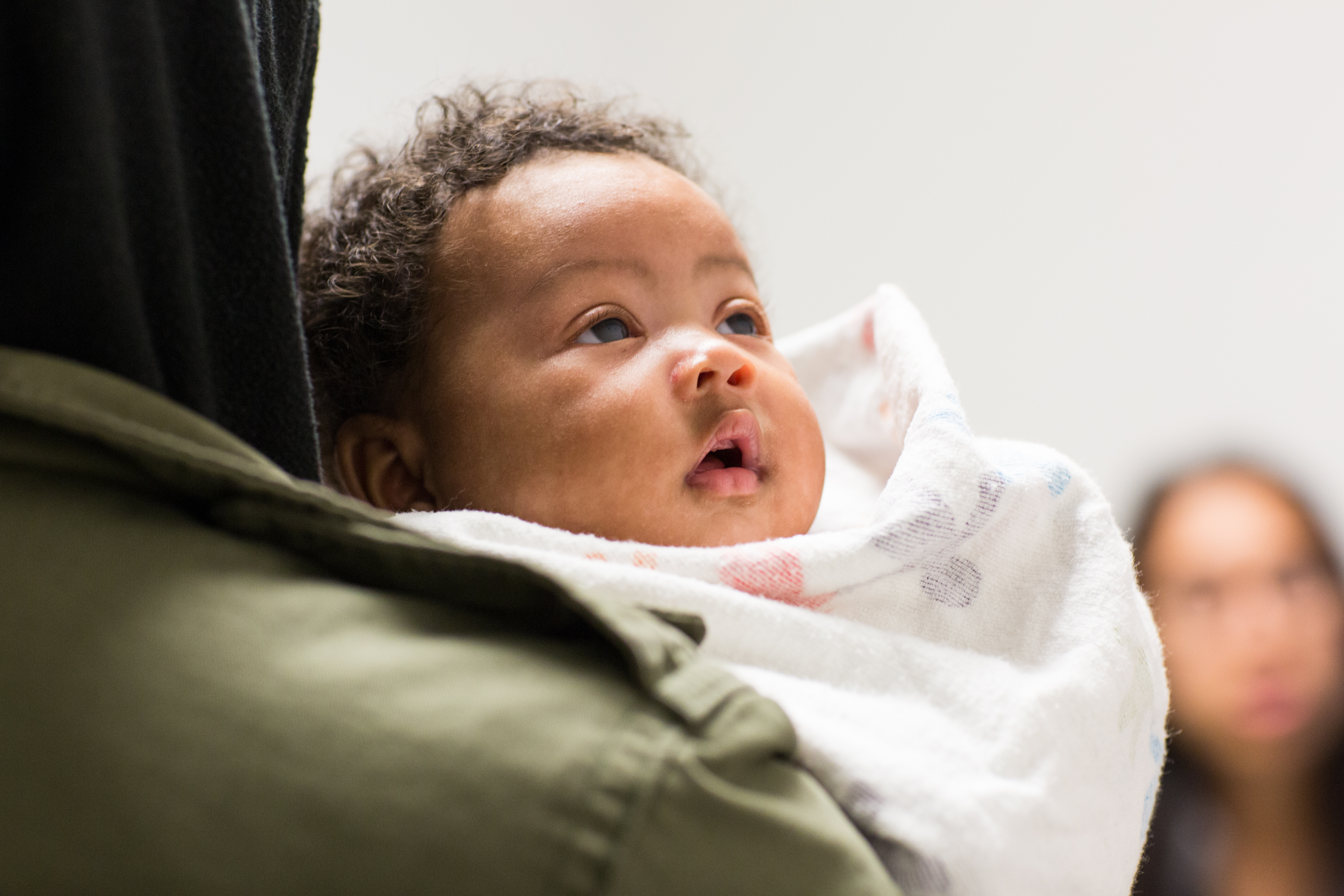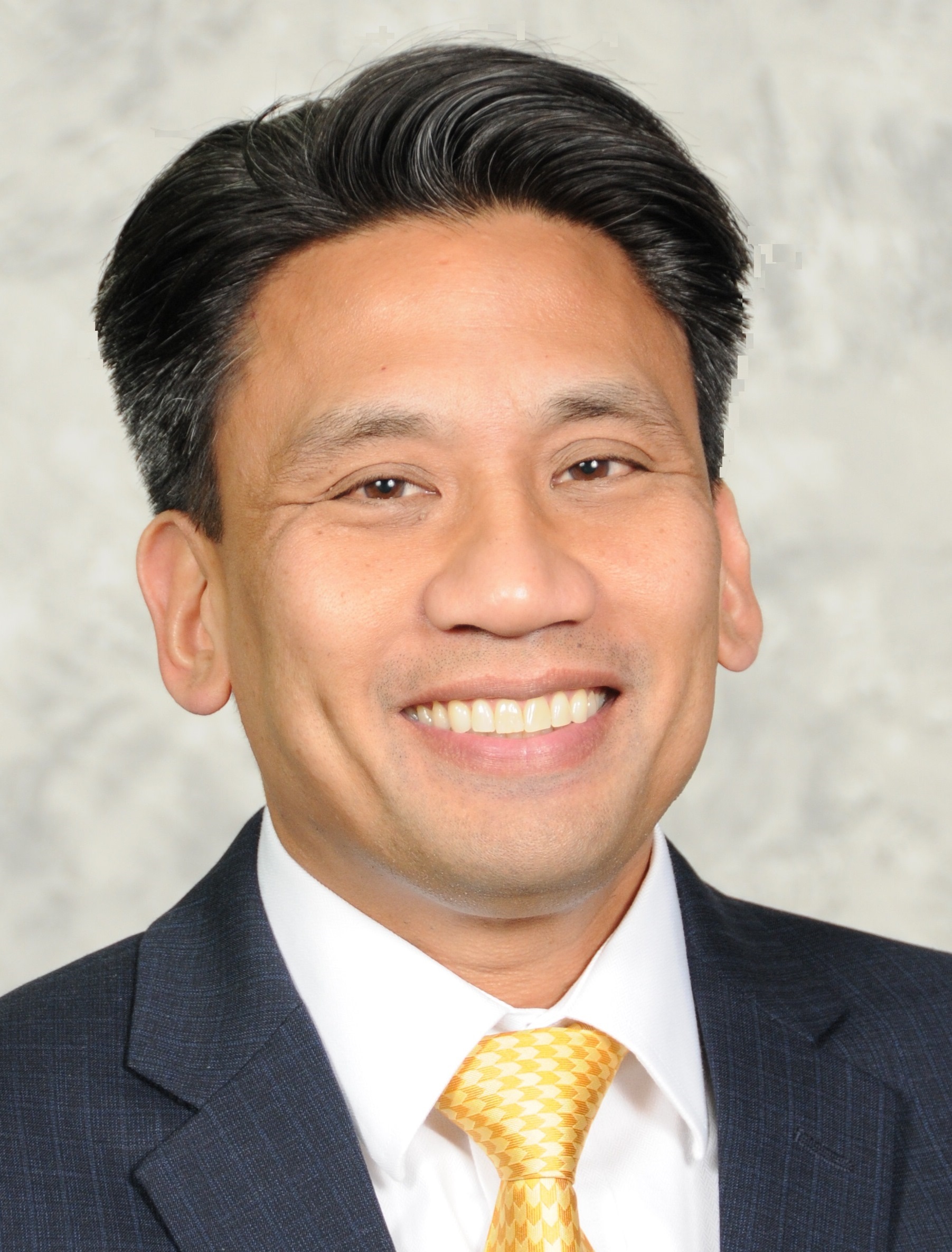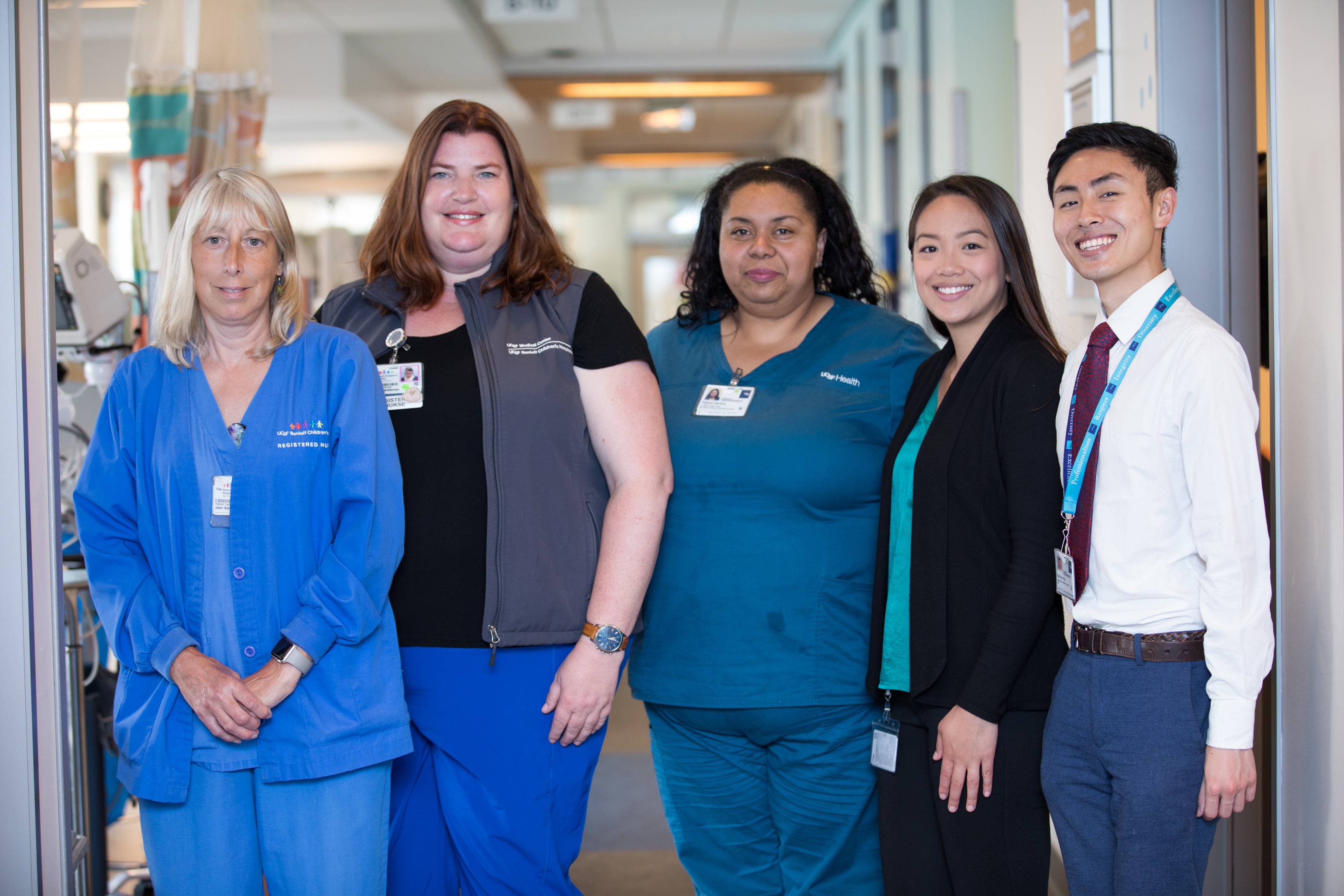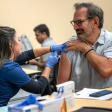Early Probiotic Supplementation for Eczema and Asthma Prevention TIPS Study & The AsthmaNet Studies

The space and staff of any clinical research study can have an impact on the retention of participants and success of the trial. For pediatric clinical research, which includes infants to adolescents, these factors may weigh even more. Parents go out of their way to have their children participate in research, so a welcoming, professional environment makes all the difference.
Michael D. Cabana, MD, MPH, professor and director of the Division of General Pediatrics has used UCSF Clinical and Translational Science Institute’s (CTSI) Clinical Research Services (CRS) for several studies over the past two decades. His research team used CRS facilities at Benioff Children’s Hospitals in San Francisco and Oakland, which tapped into the diverse Bay Area community to make up the cohort for his Trial of Infant Probiotic Supplementation (TIPS) study.
Additionally, Cabana along with Homer Boushey, MD, professor of medicine utilized the pediatric and adult facilities in both Oakland and San Francisco for the grant they received in 2009 to conduct various asthma-related clinical trials, putting UCSF on the map as one of the 9 AsthmaNet sites awarded by National Heart, Lung, and Blood Institute (NHLBI).
The Trial of Infant Probiotic Supplementation
The Trial of Infant Probiotic Supplementation (TIPS) NIH-sponsored study led by Cabana looked at the effectiveness of early probiotic supplementation in infants to see if it prevented early markers of asthma, such as eczema.
TIPS recruitment began in 2006 over a 6-year period at the newborn nursery with parents and infants also coming in for follow up visits. The study team followed up with infants several times during the first year of life and then every year after that at the Pediatric Clinical Research Centers at Parnassus and Oakland, and still conduct follow ups at the space at UCSF Benioff Children’s Hospital San Francisco. They used services like phlebotomy, skin prick tests, and consulted with nutrition, a CRS offering at the time. Former CRS nutritionist, Cewin Chao, served as a co-investigator on that grant.

“Over the long period of time it’s been great to work with the nurses. They’ve become very familiar with our phlebotomy needs and our skin prick testing needs,” said Cabana.
“The Pediatric Clinical Research Center has always been a welcoming place for kids and parents. It’s important to have something that’s kid-centric. It makes a difference for families coming all the way over to UCSF to participate in these types of studies,” said Cabana.
“The other important feature of the PCRC is that we can get samples processed as well – in some ways, for investigators, it’s a one-stop-shop.”
The team published their findings in 2017 in the journal of Pediatrics (See “Early Probiotic Supplementation for Eczema and Asthma Prevention: A Randomized Controlled Trial”).
“It’s multifactorial and you’re looking for a tiny signal so that could make a difference. Diet, antibiotic exposure, whether babies are born by vaginal delivery versus C-section – all of these factors can make a difference,” said Cabana.
Cabana added that the kids from the study are now old enough to do pulmonary function tests so his team can look at objective measures of asthma or bronchial hyperresponsiveness. “We can conclusively describe the eczema results in two years. We are waiting for the kids to get a little older to objectively describe the asthma findings.”

AsthmaNet
In 2008, the National Institutes of Health NHLBI wanted to create a new network to do asthma clinical trials with the aim to find new ways to manage asthma and test new therapies. Cabana and Boushey submitted the grant application together, which had an adult and pediatric component. UCSF was named as one of the 9 clinical sites nationwide.
“We applied for the grant along with partners at Children’s Hospital of Oakland. I think this is what really helped us - UCSF Benioff Children’s Hospital, Oakland has tremendous asthma program which includes a lot of asthma clinic visits, a lot of ER visits for asthma, and the demographics are different as well. With the demographics of Oakland combined with ZSFGH and patients we’d see at Mt. Zion– it was a really created a broad and diverse demographic to study,” Cabana said.
Zuckerberg San Francisco General Hospital (ZSFGH) has an active asthma clinic that was a recruitment site. Participants could go to follow up visits at one of the other sites. “We ended up using sites at ZSFGH, Oakland, Parnassus and had partners in internal medicine as well. The collaborations made a big difference.”
The research team conducted a total of 11 studies over the 9-year span of the AsthmaNet grant - looking at everything from different medications to various types of therapies. Cabana said that sample processing and the space to do methacholine challenges tests were especially important, in addition to having a place to conduct visits and complete blood draws.
“The methacholine challenge tests require certain room specifications. In addition, it was helpful to have the Investigational drug services at the same site to provide study drugs and methacholine dilutions,” Cabana said.
Some of the AsthmaNet studies include:
May 2019, Journal of Allergy and Clinical Immunology, "Challenges in assessing the efficacy of systemic corticosteroids for severe wheezing episodes in preschool children"
May 2019, NEJM, "Mometasone or Tiotropium in Mild Asthma with a Low Sputum Eosinophil Level"
March 2018, NEJM, "Quintupling Inhaled Glucocorticoids to Prevent Childhood Asthma Exacerbations"
November 2015, JAMA, "Early Administration of Azithromycin and Prevention of Severe Lower Respiratory Tract Illnesses in Preschool Children With a History of Such Illnesses: A Randomized Clinical Trial"
May 2014, JAMA, "Effect of Vitamin D3 on Asthma Treatment Failures in Adults With Symptomatic Asthma and Lower Vitamin D Levels"
Research that Begets More Research
The TIPS study has led to a handful of spin-off papers published based on its data set. At the time, the research team asked many questions for potential confounders, which allowed for the investigators to use that data to ask other questions. Examples of these questions included the point at which parents start introducing certain foods, and when maternal postpartum depression occurs. Through TIPS, they could follow a maternal cohort which resulted in a paper published in June 2018 in Clinical Pediatrics (“Postpartum Depression: When Should Health Care Providers Identify Those at Risk?”).
Learn more about Clinical Research Services
UCSF news story on the TIPS study
Gut Feeling for Probiotics Benefits May Be Overstated, UCSF Study Shows
The UCSF Clinical and Translational Science Institute (CTSI) is part of the Clinical and Translational Science Award (CTSA) program funded by the National Center for Advancing Translational Sciences (NCATS) at the National Institutes of Health (NIH) (Grant Number UL1 TR991872).




